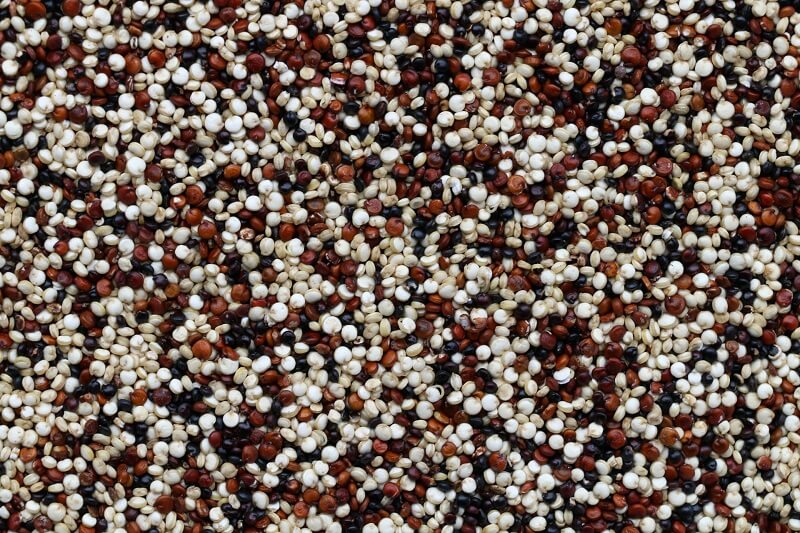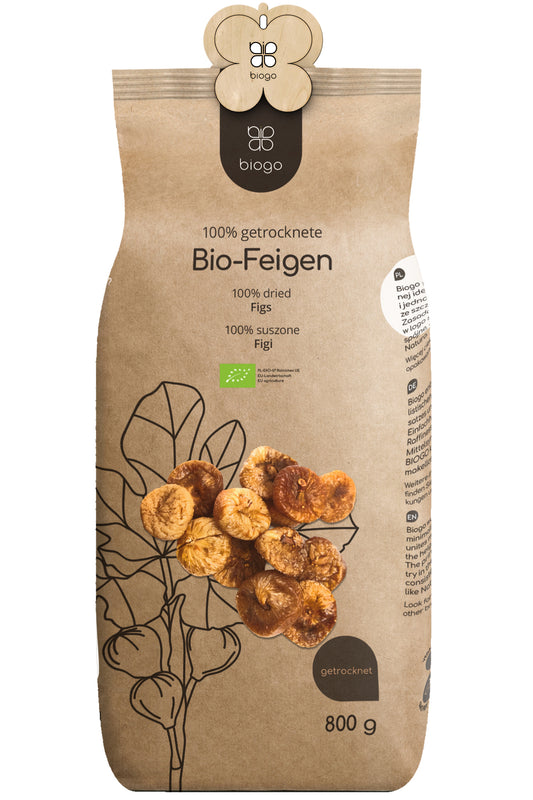Amaranth, commonly known as amaranth, is an extraordinary plant that has been known to the inhabitants of North and South America, some regions of Asia, and Africa for thousands of years. There are about sixty varieties of this species worldwide, but only a few bear edible seeds.
Amaranth is not a grain—as its botanical classification makes clear, which is why it is often referred to as a pseudocereal. Interestingly, amaranth cultivation can have a positive impact not only on human nutrition but also on the environment, as a mature plant can absorb and neutralize large amounts of carbon dioxide.
Expanded amaranth , a source of additional ingredients
As a plant, amaranth has a wide range of uses. The inhabitants of South America traditionally used both the grains and leaves to prepare meals. Currently, amaranth is used to make gluten-free flour, easily digestible bars, muesli, and vegan products. It is also sold in the form of expanded grain, which increases in volume through roasting or high-pressure processing. Expanded amaranth has a slightly nutty flavor; the grains are creamy white, very light, slightly crunchy, yet very filling.
When added to oatmeal, yogurt, kefir, milk, or as a topping for salads, soups, vegetable schnitzels, potato pancakes, and other dishes, it provides a rich dose of valuable protein, plant fiber, iron, and essential vitamins. The advantage of expanded amaranth is that it is safe to eat without prior heat treatment. It thickens dishes without the need to add flour.
There is a difference between raw grains intended for flour and expanded grains, namely the former are considered more valuable in terms of nutrients. Expanded amaranth also has a higher glycemic index than unprocessed grains.
Amaranth expands where properties
However, it's worth including amaranth in your daily diet. In the context of natural foods, this is a very interesting case. Amaranth contains a lot of easily digestible plant protein—especially valuable for people on vegetarian and vegan diets. It's one of the few types of plant protein that contains a complete set of exogenous amino acids. Also important, amaranth contains large amounts of iron, magnesium, and phosphorus—again—in a form that's easily absorbed by the human body.
Amaranth grains also contain squalene, a valuable substance that inhibits cell aging. Expanded amaranth helps compensate for deficiencies in vitamins A, C, and E, as well as many valuable B vitamins. The antioxidants contained in amaranth inhibit the formation of free radicals, which are responsible for the development of oxidative stress. By choosing amaranth, we can also support intestinal peristalsis. The grain contains almost three times as much fiber as other commonly cultivated grains such as rye and wheat.
The high concentration of valuable fatty acids contained in amaranth seeds also has a positive effect on lowering harmful cholesterol levels in the blood. This is good news for diabetics, people on a weight-loss diet, and those avoiding animal products, as amaranth-based products are a healthy and wholesome alternative to conventional products.
THE PUBLISHER'S CHOICE
Dried dates 1 kg BIOGO
- €4,21
€4,95- €4,21
- Unit price
- / per
Almonds 1 kg BIOGO
- €11,69
€13,75- €11,69
- Unit price
- / per
Peeled sunflower seeds 1 kg BIOGO
- €3,04
€3,57- €3,04
- Unit price
- / per
Dried organic mango 400 g BIOGO
- €10,99
- €10,99
- Unit price
- / per
Dried White Mulberries 500 g ORGANIC
- €5,84
€6,87- €5,84
- Unit price
- / per
Popcorn (corn kernels) organic 1 kg BIOGO
- €5,84
- €5,84
- Unit price
- / per
Organic Ground Turmeric 500 g BIOGO
- €5,92
- €5,92
- Unit price
- / per
Organic cashew nuts 1 kg BIOGO
- €19,99
- €19,99
- Unit price
- / per
Milk thistle seeds 1 kg BIOGO
- €3,99
- €3,99
- Unit price
- / per
Dried organic figs 800 g BIOGO
- €30,12
- €30,12
- Unit price
- / per







































































































































